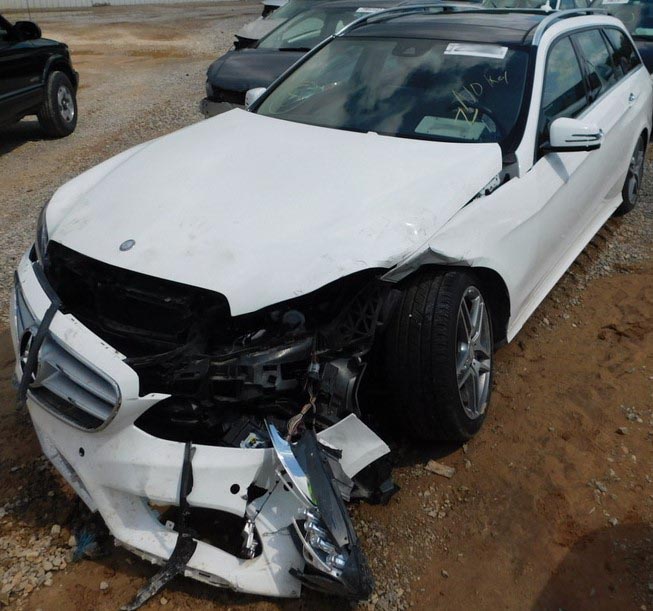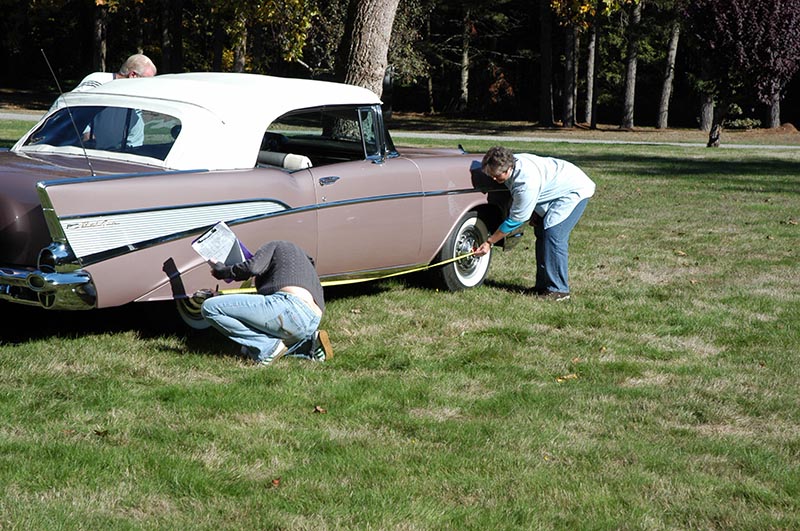 What Is Diminished Value?: Diminished value is an amount of money owed to the vehicle owner by the at-fault insurance company for decreasing the market resale value of the motor vehicle due to its significant repair history. Despite being fully repaired, the vehicle will never be worth the same as a comparable vehicle that has not been in an accident.
What Is Diminished Value?: Diminished value is an amount of money owed to the vehicle owner by the at-fault insurance company for decreasing the market resale value of the motor vehicle due to its significant repair history. Despite being fully repaired, the vehicle will never be worth the same as a comparable vehicle that has not been in an accident.
In this blog post, we will explain what diminished value is, discuss why it can be so important for car owners involved in an incident, and provide information about what to do next if you are entitled to a diminished value claim.
- How Does Diminished Value Happen?
- Why Does Diminished Value Matter?
- How Do You Calculate Diminished Value?
- How to Use a Diminished Value Appraisal
How Does Diminished Value Happen?
So you’ve been in an accident that wasn’t your fault, and your vehicle was damaged. The other party’s insurance company agreed to pay the claim and the car has been repaired back to road-worthy condition. In many ways, you don’t see any difference between the vehicle before the accident and the vehicle after the repair, but it’s still not the same. And in the eyes of appraisers, car dealerships, potential buyers and the IRS, it is most certainly not the same. Despite the restored condition, the vehicle now has an accident report history and with that, comes diminished value.
Why Does Diminished Value Matter?
You may have seen advertisements discussing full background reports about vehicles for sale at dealerships. This is perhaps the best way to understand what inherent diminished value means. If you were shopping for a vehicle and found two cars of the exact same make and model at your dealership, with similar mileage and features, you would want to know if one of the cars had been in an accident and required substantial repairs. While the dealer assures you that the car is just as good as the vehicle that did not need repairs, you would likely prefer the car that had not been in an accident.
This is a common reaction. Most buyers report that they would not buy a car that had been in an accident, or would at least only consider purchasing the vehicle at a heavily discounted price. Some worry that repairs may not have been done properly, or that aftermarket parts were used in the repair. Others worry that some damage may have gone unnoticed, or that the car will need unexpected repairs in the future. Their worries may even extend to insurance companies – if this car is totaled, your insurance company will pay less because of the accident history.
 How Do You Calculate Diminished Value?
How Do You Calculate Diminished Value?
A diminished value appraisal is the most accurate way to calculate diminished value. A diminished value appraisal compares recent sale prices of damaged and repaired vehicles to those that have not sustained damage or been in an accident. These comparables make it possible to determine a percentage of loss for an inherent diminished value claim and to assess the loss of value due. An appraiser can also accurately determine if repairs were done poorly or were not performed to industry standards which might lead to additional repairs. Appraisals consider frame damage or the use of non-OEM parts in repairs which could contribute to an even greater loss of value. Investing in an accurate diminished value appraisal is generally worth the cost as you will often receive more compensation as a result.
How to Use a Diminished Value Appraisal
A diminished value appraisal can be used to help reach a fair insurance settlement with the at-fault insurance company. If you think the insurance company is offering you too little for diminished value, an appraisal can provide an independent third-party evaluation of the damages. You may also need this information in court if you are not at fault and are unable to reach an amicable settlement. Compensation for damages to personal property should include the difference between the vehicle’s original value and the post-repair value in addition to the cost of repairs. You may also be able to claim an amount of loss as a deduction using IRS tax form 4684. Acquiring an accurate assessment of diminished value can save you money and make sure you receive what you deserve in settlements and claim fulfillment.
At AAG, we provide Diminished Value Appraisals that help our clients receive the compensation they are entitled to. Submit our FREE Diminished Value Estimate form to see if it is worthwhile for you to pursue a diminished value claim. Call our office today to learn more about our diminished value appraisal services and how they could help maximize your reimbursement.








